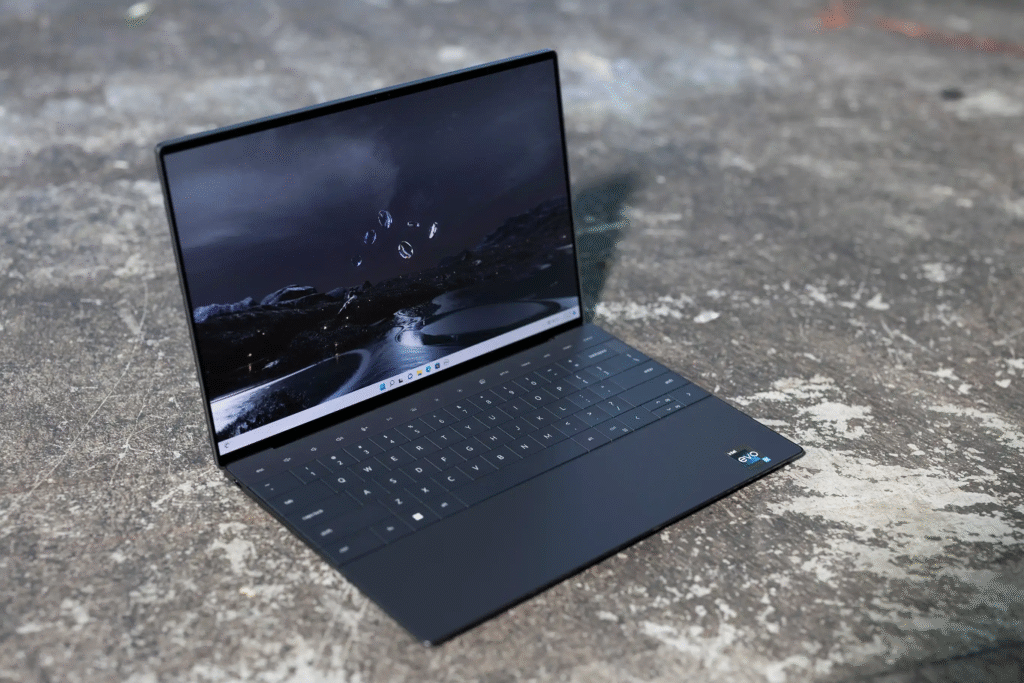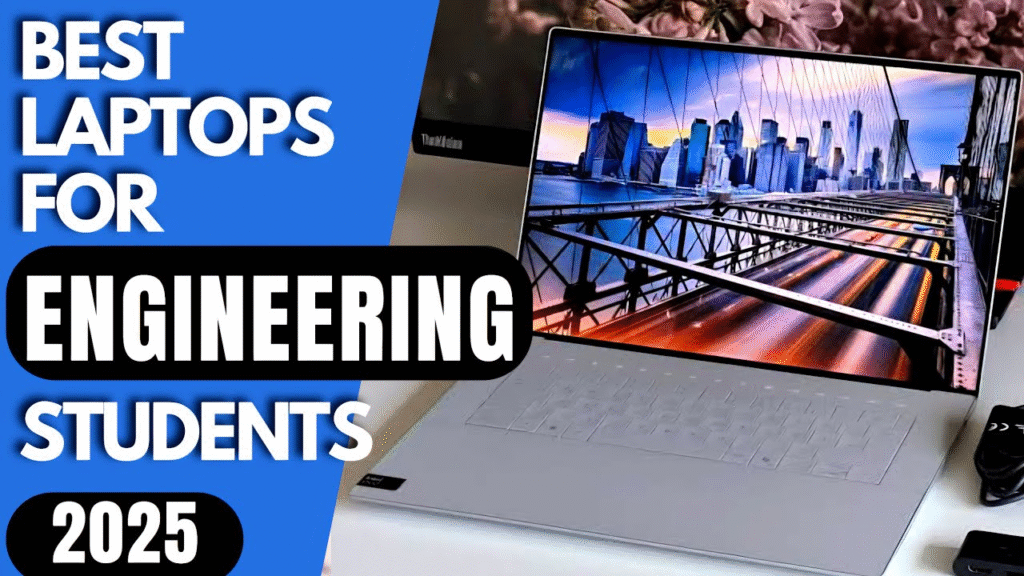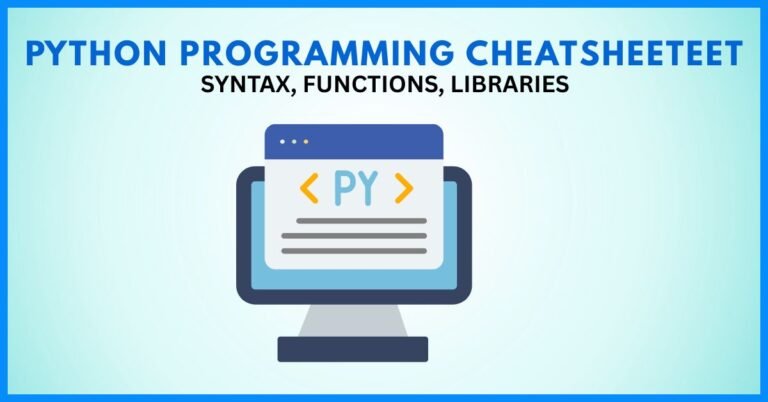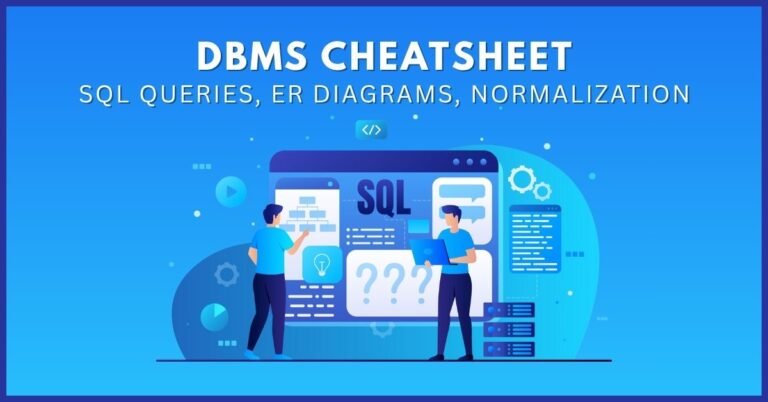Best Laptops for BTech Students in 2025

Introduction: Choosing the Right Laptop for BTech Students in 2025
As a BTech student, selecting the right laptop is crucial for your academic success. Whether you’re working on complex simulations, coding assignments, or preparing for exams, a powerful and reliable laptop can make a significant difference. In 2025, the market offers a plethora of options tailored to meet the demanding needs of engineering students. This guide will help you navigate through the top choices, ensuring you find the perfect fit for your studies.

Why a Good Laptop Matters for BTech Students
Engineering courses often require the use of resource-intensive software like AutoCAD, MATLAB, SolidWorks, and various simulation tools. A laptop with robust specifications ensures smooth performance, allowing you to multitask efficiently and meet project deadlines. Key factors to consider include:
- Processor (CPU): A powerful CPU ensures quick data processing and smooth operation of complex applications.
- Graphics Card (GPU): Essential for rendering 3D models and running graphical simulations.
- RAM: Sufficient RAM allows for seamless multitasking and handling of large datasets.
- Storage: SSDs offer faster boot times and quick access to files, enhancing overall performance.
- Battery Life: Long battery life ensures you can work through extended hours without frequent charging.

Top Laptops for BTech Students in 2025
1. ASUS ProArt P16 (2024)
- Processor: AMD Ryzen AI 9 HX 370
- Graphics: Nvidia GeForce RTX 4070
- RAM: Up to 32GB
- Storage: 2TB SSD
- Display: 16-inch, 3840 x 2400 OLED touchscreen
The ASUS ProArt P16 stands out as a top choice for engineering students. Its powerful specifications make it ideal for running demanding applications like AutoCAD and MATLAB. The high-resolution OLED display offers crisp visuals, enhancing your design and simulation work.
2. Lenovo ThinkPad P16 Gen 2
- Processor: Up to Intel i9-13980HX
- Graphics: Nvidia RTX 1000 Ada – RTX 5000 Ada
- RAM: Up to 192GB
- Storage: Up to 8TB SSD
- Display: 16-inch, 2.5K; optional 4K OLED
The Lenovo ThinkPad P16 Gen 2 is a powerhouse designed for professionals. Its workstation-level performance ensures smooth operation of CAD tools and other engineering software. The durable build and excellent keyboard make it a reliable companion for long study sessions.

3. Apple MacBook Pro 16-inch (M4 Pro)
- Processor: Apple M4 Pro chip
- Graphics: Integrated Apple GPU
- RAM: 16GB – 64GB
- Storage: 512GB – 8TB SSD
- Display: 16-inch Retina display
The MacBook Pro 16-inch with the M4 Pro chip offers exceptional performance for engineering tasks. Its seamless integration with macOS ensures a smooth user experience. The high-resolution Retina display provides sharp visuals, making it suitable for detailed design work.
4. Dell XPS 17
- Processor: Up to Intel Core i9-13980HX
- Graphics: Nvidia GeForce RTX 4060
- RAM: Up to 64GB
- Storage: Up to 4TB SSD
- Display: 17-inch, 3840 x 2400 UHD+ touchscreen
The Dell XPS 17 combines performance with portability. Its large display is perfect for multitasking and viewing detailed designs. The powerful internals ensure smooth operation of engineering applications, making it a versatile choice for students.
5. HP ZBook Studio 16 G11
- Processor: Up to Intel Xeon W-11855M
- Graphics: Nvidia RTX A5000
- RAM: Up to 128GB
- Storage: Up to 4TB SSD
- Display: 16-inch, 3840 x 2400 OLED
The HP ZBook Studio 16 G11 is a mobile workstation designed for professionals. Its powerful specifications make it suitable for running complex simulations and 3D rendering tasks. The high-resolution OLED display offers vibrant colors, enhancing your design work.
Key Features to Consider When Choosing a Laptop
When selecting a laptop for your BTech studies, consider the following features:
- Performance: Ensure the laptop has a powerful CPU and GPU to handle demanding applications.
- Display: A high-resolution display enhances the clarity of your work.
- Portability: A lightweight design ensures easy transport between classes and labs.
- Battery Life: Long battery life allows for extended use without frequent charging.
- Connectivity: Multiple ports and Wi-Fi 6 support ensure fast data transfer and connectivity.
Budget-Friendly Options for BTech Students
Not all students can afford high-end laptops. Here are some budget-friendly options that still offer good performance:
1. MSI Cyborg 15
- Processor: Intel Core i5
- Graphics: Nvidia GTX 1650
- RAM: 8GB
- Storage: 512GB SSD
- Display: 15.6-inch Full HD
The MSI Cyborg 15 offers a balance between performance and affordability. It’s suitable for running basic engineering applications and handling everyday tasks.
2. HP Victus 15
- Processor: Intel Core i5
- Graphics: Nvidia GTX 1650
- RAM: 8GB
- Storage: 512GB SSD
- Display: 15.6-inch Full HD
The HP Victus 15 is another budget-friendly option that doesn’t compromise on performance. It’s capable of handling engineering software and multitasking efficiently.
Tips for Maintaining Your Laptop
To ensure your laptop remains in optimal condition throughout your BTech journey:
- Regular Updates: Keep your operating system and software up to date to ensure security and performance.
- Backup Data: Regularly back up your data to prevent loss in case of hardware failure.
- Cleanliness: Keep your laptop clean and dust-free to prevent overheating and hardware issues.
- Battery Care: Avoid overcharging your laptop and unplug it once fully charged to prolong battery life.
Conclusion: Finding the Perfect Laptop for Your BTech Studies
Choosing the right laptop is a personal decision that depends on your specific needs and budget. The options listed above cater to various requirements, from high-performance workstations to budget-friendly alternatives. Consider your course requirements, preferred software, and portability needs to select the laptop that best fits your academic journey.
FAQs
1. What is the best laptop for engineering students in 2025?
The ASUS ProArt P16 is highly recommended for its powerful specifications and high-resolution display, making it ideal for engineering tasks.
2. Can I use a MacBook for engineering studies?
Yes, the Apple MacBook Pro 16-inch with the M4 Pro chip offers excellent performance for engineering applications.
3. Are there budget-friendly laptops suitable for engineering students?
Yes, laptops like the MSI Cyborg 15 and HP Victus 15 offer good performance at an affordable price point.
4. How much RAM do I need for engineering applications?
A minimum of 16GB RAM is recommended for smooth operation of engineering software.
5. Is battery life important for a student laptop?
Yes, long battery life ensures you can work through extended hours without frequent charging.
Author Profile
- At Learners View, we're passionate about helping learners make informed decisions. Our team dives deep into online course platforms and individual courses to bring you honest, detailed reviews. Whether you're a beginner or a lifelong learner, our insights aim to guide you toward the best educational resources available online.
Latest entries
 UncategorizedOctober 3, 2025AKTU BTech Important Questions & Notes
UncategorizedOctober 3, 2025AKTU BTech Important Questions & Notes Exam Revision NotesSeptember 24, 2025C++ Programming Cheatsheet – STL, OOP Concepts, Syntax
Exam Revision NotesSeptember 24, 2025C++ Programming Cheatsheet – STL, OOP Concepts, Syntax Exam Revision NotesSeptember 22, 2025Java Programming Cheatsheet – Collections, OOP, Exceptions
Exam Revision NotesSeptember 22, 2025Java Programming Cheatsheet – Collections, OOP, Exceptions UncategorizedAugust 28, 2025BTech 1st Year Notes & Cheatsheets (Subject-Wise)
UncategorizedAugust 28, 2025BTech 1st Year Notes & Cheatsheets (Subject-Wise)







